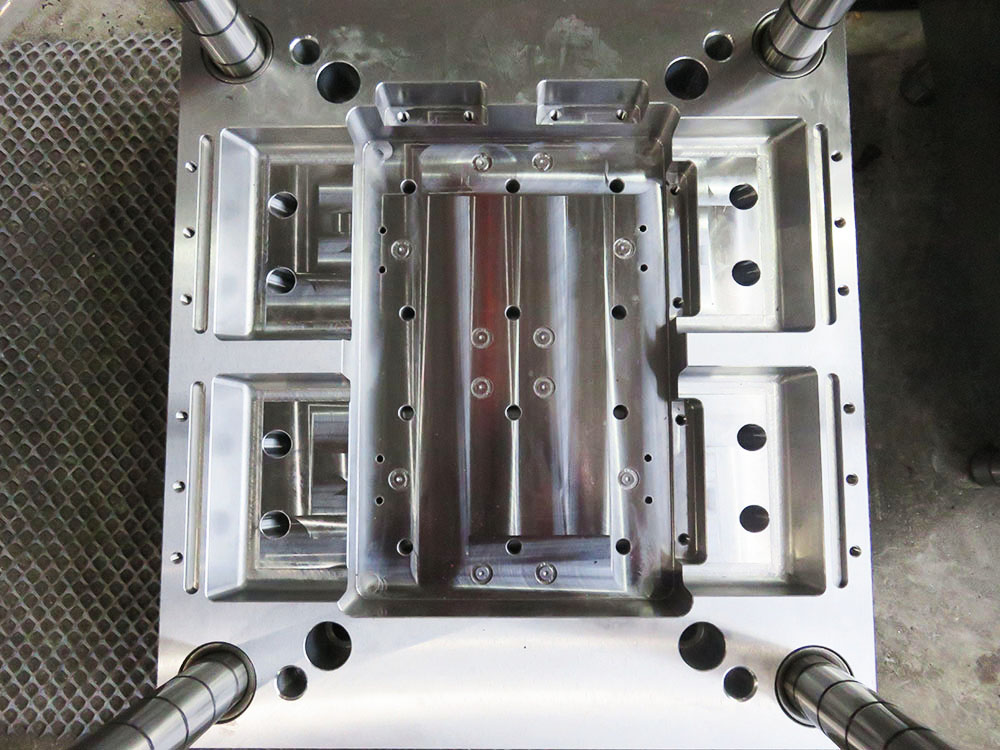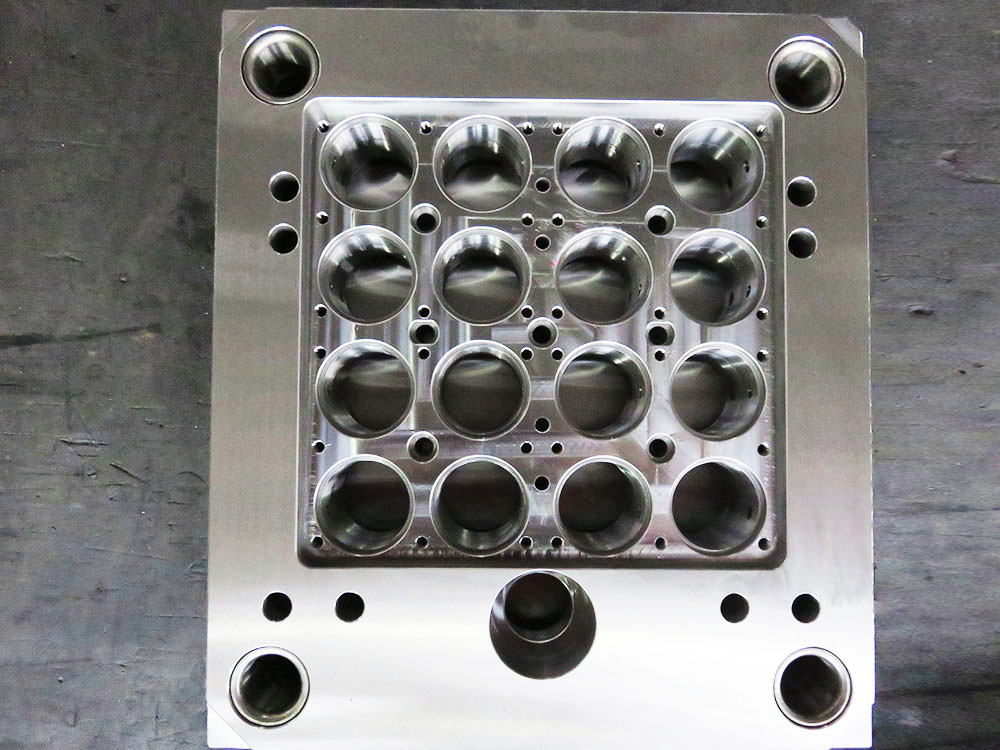Exploring the Efficiency of CNC Machining Centers for Mold Making
Mold making is an essential process in various industries, including the mold base industry. By definition, a mold base is a plate, block, or assembly of plates and blocks used to support a mold cavity and other components during the mold making process. To ensure the production of high-quality molds, manufacturers often rely on CNC machining centers for their efficiency and accuracy. In this article, we will explore the benefits and applications of CNC machining centers in the mold base industry.
Advantages of CNC Machining Centers for Mold Making
1. Precision and Accuracy: CNC machining centers are equipped with advanced computer numerical control systems that allow for precise control over the cutting tools. This ensures accurate and consistent machining of the mold base components, resulting in high-quality molds.
2. Efficiency and Productivity: CNC machining centers are designed to perform multiple machining operations in a single setup. This eliminates the need for manual tool changes and repositioning of the workpiece, reducing production time and increasing productivity.
3. Versatility: CNC machining centers can accommodate a wide range of mold base materials, including steel, aluminum, and various alloys. This versatility allows manufacturers to produce molds suitable for different applications and industries.
4. Automation and Programming: CNC machining centers are programmable, meaning that once a machining program is developed, it can be easily replicated for future production. This automation reduces the chance of human error and ensures consistent mold quality.
5. Complex Geometry: CNC machining centers have the capability to machine complex geometries with ease. This is particularly important in the mold base industry, as molds often require intricate features and shapes.
Applications of CNC Machining Centers in the Mold Base Industry
1. Mold Base Machining: CNC machining centers are utilized in the production of mold bases, which form the foundation for mold making. These machines can accurately machine the required pockets, holes, and channels in the mold base to accommodate the mold components.
2. Mold Component Machining: CNC machining centers are also used to machine individual mold components, such as cavity inserts and ejector pins. These components are critical for the proper functioning of the mold and require high precision and accuracy.
3. Prototyping and Customization: CNC machining centers enable manufacturers to quickly produce prototype mold bases and components. This allows for validation and testing of the mold design before mass production, reducing the risk of errors and rework.
4. Tool and Die Making: In addition to mold making, CNC machining centers are widely used in tool and die making. These machines can efficiently produce cutting tools, dies, and molds for various manufacturing processes.
5. Repair and Maintenance: CNC machining centers are also utilized in the repair and maintenance of existing molds. By accurately machining damaged or worn-out components, these machines can extend the lifespan of molds, saving costs for manufacturers.
Conclusion
CNC machining centers have revolutionized the mold base industry with their efficiency, accuracy, and versatility. From mold base machining to prototyping and customizations, these machines play a vital role in the production of high-quality molds. With ongoing advancements in technology, CNC machining centers are expected to continue pushing the boundaries of mold making, leading to improved productivity and innovation in the mold base industry.




